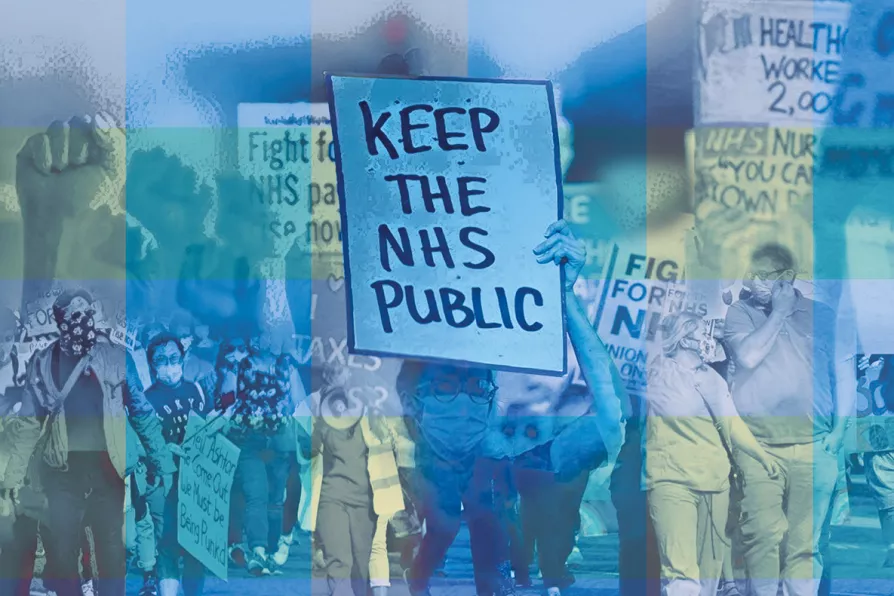The language of humiliation is a step towards a second civil war, argues RAMZY BAROUD


A NEW pamphlet by Rebuild Britain to be launched at the TUC identifies two main events that set the NHS on a trajectory towards a US-style health service: the introduction of the internal market in 1990 and the scrapping of the duty of the secretary of state to provide healthcare in 2012.
The pamphlet calls on trade unions to take responsibility for the health service and emulate the 1976 Lucas Aerospace shop stewards’ alternative plan, the workers’ response to the corporation’s decision to cut thousands of manufacturing jobs.
The plan wasn’t a pay-and-conditions claim, a wish list or a set of demands. It was a well-argued and well-researched alternative to industrial decline.

DAVID MATTHEWS looks at what a collective future for welfare might have in store for us












